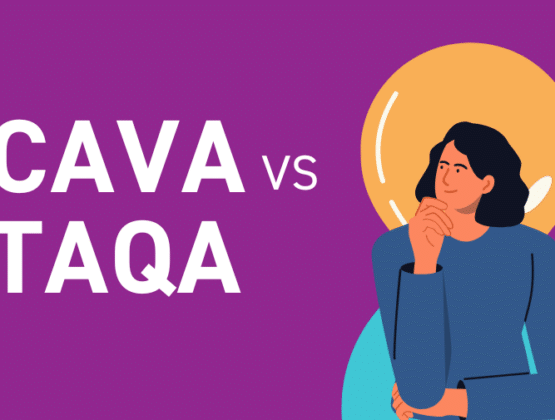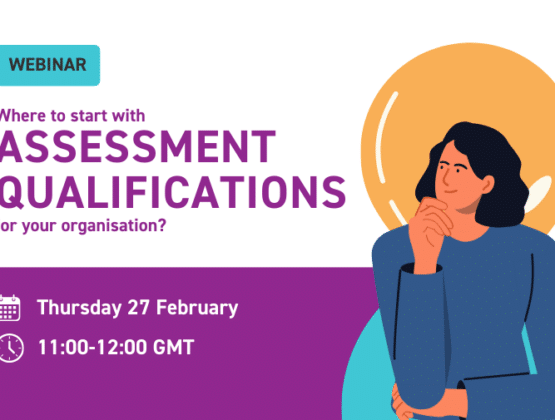Published by Skills for Justice
What is standardisation in training programmes?
Date 29.05.25

In today’s fast-evolving workplace, ensuring the quality of learning and development (L&D) opportunities is not just beneficial – it’s essential. For organisations that offer formal training, apprenticeships, or regulated qualifications, robust quality assurance processes help maintain compliance, increase effectiveness of the training, and strengthen reputation.
A key component of quality assurance is standardisation – the consistent application of procedures and assessment criteria. Why is standardisation so crucial, and how can it improve both learning outcomes and operational efficiency?
What is standardisation?
Standardisation is the practice of establishing and implementing uniform procedures, guidelines, or criteria to ensure L&D processes consistently meet defined quality benchmarks. It provides a structured framework that supports the consistency of processes, outcomes, and evaluations across all aspects of a learning programme.
For those who deliver regulated training, standardisation is not optional, it’s a requirement. It also plays a key role in accreditation process for awarding bodies and quality assurance audits, which can open doors to further development opportunities. Standardisation offers consistency and fairness in assessments, maintaining credibility and trust in qualifications. It guarantees that all learners are evaluated against the same criteria, upholding industry standards and reinforcing the reliability of accredited training.
What are the benefits of standardisation?
1. Consistency and fairness
Standardisation ensures that all learners are evaluated using the same criteria. This supports fairness and consistency across assessors and learners involved within the same programmes, helping reduce bias and discrepancies. Approaches such as feedback forums and standardisation sessions allow assessors to discuss trends or challenges and align their assessment decisions. This collaborative process fosters trust and transparency in learning programmes.
2. Clear expectations for assessors
Standardisation provides clear and consistent guidelines to empower assessors to evaluate learners confidently and uniformly. Standardisation ensures assessors understand what is expected in terms of assessment criteria, methodology, and documentation. This reduces misinterpretation and supports assessors in applying standards accurately, regardless of the personal style or background of the assessor.
3. Improved reliability of results
By employing reliable, standardised assessment practices, organisations make sure that they gain more accurate insights into learner performance. This helps track workforce trends, identify skills gaps and inform strategic decisions at both individual and organisational levels. This improved liability ultimately strengthens the credibility of the training delivered.
The role of standardisation workshops
Regular standardisation workshops are a vital part of maintaining high-quality assessment practices. These sessions give assessors the opportunity to:
- Stay up to date with new policies, procedures, and assessment methods
- Share experiences and examples of best practice
- Discuss and resolve any discrepancies in assessment approaches
- Reflect on how to improve their own practices and support colleagues.
Such collaborative learning not only enhances assessor confidence but also ensures that assessments remain aligned with evolving standards and expectations.
Delivering continuous improvement
Reliable, standardised assessment practices lead to more accurate insights into learner performance. This helps organisations track trends, identify skills gaps, and inform strategic decisions at both the individual and organisational level. It also strengthens the credibility of the training delivered.
Skills for Justice are experts in helping organisations build and refine their quality assurance frameworks. From designing tailored QA processes to training assessors and internal verifiers, we support organisations in delivering high-quality learning experiences that meet both regulatory requirements and organisational goals.

Get in touch with us
"*" indicates required fields





